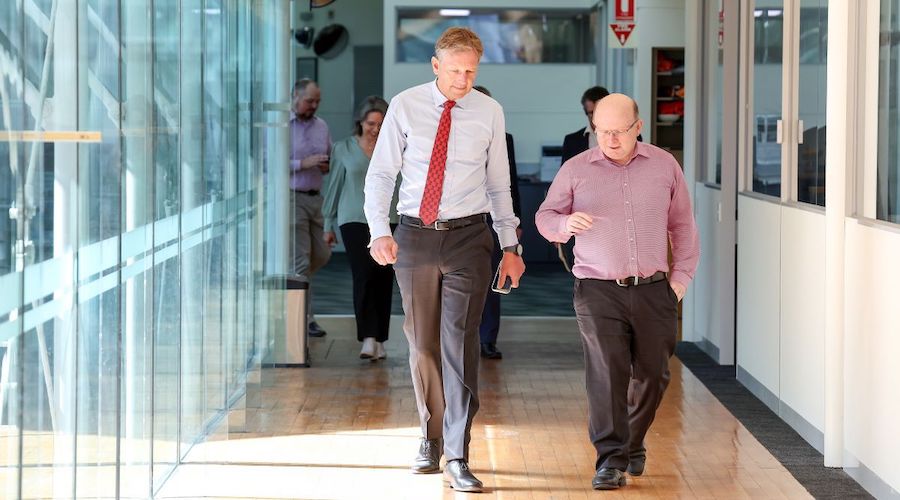Rio Tinto to miss 2025 emissions cuts targets


Rio Tinto (ASX, LON: RIO) disappointed investors and analysts alike on Wednesday after revealing it won’t be able to achieve a targeted 15% carbon emissions reduction by 2025, unless it uses carbon offsets.
The world’s second largest miner had originally committed to cut its Scope 1 and Scope 2 emissions, those created directly though its operations and indirectly through energy consumption, by 2030. It later decided to move the deadline forward to 2025 under shareholder pressure.
In a half-year update, Rio said would not be able to meet its self-imposed emissions goal without using carbon offsets. The company attributed the setback to underlying emissions growth tied to “evolving production plans” and other factors, including engineering and construction timelines.
Peers, including BHP (ASX, LON: BHP) and Fortescue Metals Group (ASX: FMG), remain on track to meet their goals — at least 30% reduction of Scope 1 and 2 emissions by 2030 for BHP and net zero emissions by that year for Fortescue.
Chief executive Jakob Stausholm opened up earlier this year about the targets set by Rio Tinto’s previous executives, saying he “regretted” them. He added at the time that reaching the 2025 and 2030 deadline would require some “hard choices”.
The company's emissions come mainly from the processing and refining of metals, such as iron re and aluminum, as it requires very high temperatures and is often powered by coal. Mining only accounts for 20% of Rio's total emissions.
"The problem is that in the short term, you add cost to a business where you are not really making money,” Stausholm said in an earnings call on Wednesday, referring to a $800 billion impairment charge on its Gladstone aluminum refineries in Australia.
Capital will be required to decarbonize the facilities, which are also facing increasing payments for their carbon emissions under Australia’s new carbon credit scheme, he added.
The writedown combined with a period of softer prices for its iron ore shipments impacted Rio Tinto’s numbers for the six months to June 30.
First-half net profit after tax dropped by 43% to US$5.1 billion in the period from US$8.9 billion in 2022.
Rio still announced a $1.77 per share half-year dividend, which was also lower than market estimations but that is the third-highest interim dividend in the company’s history.
THIS STORY ORINGALLY APPEARED ON MINING.COM[.
Comments